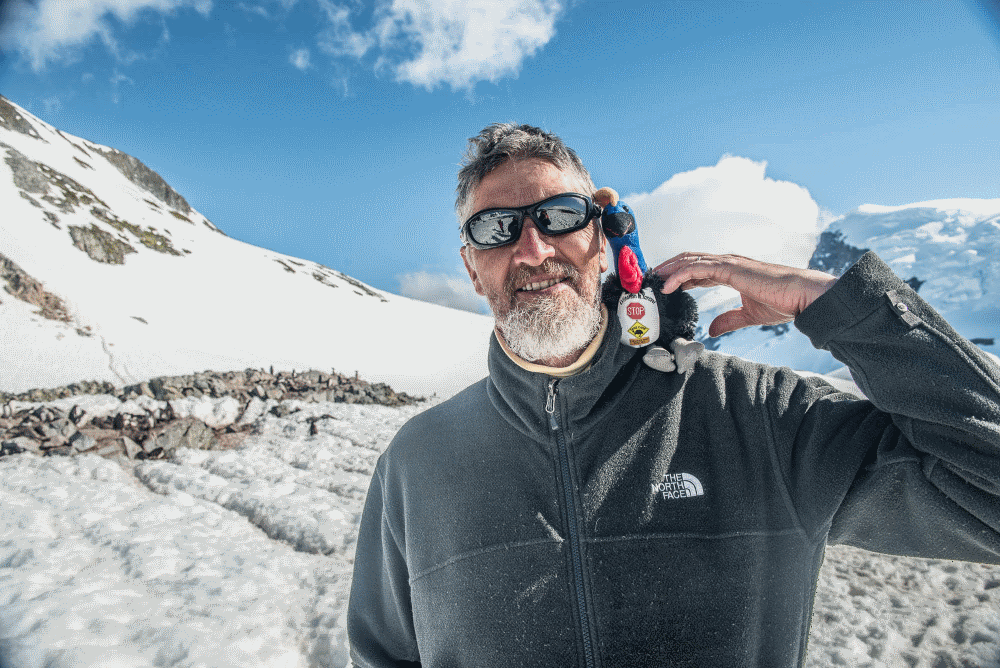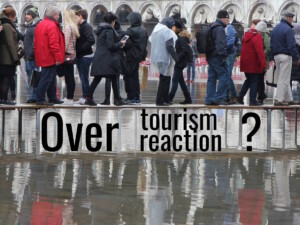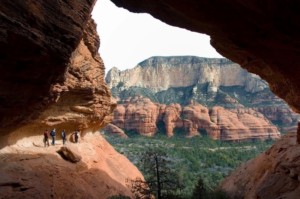By invitation only: Sustainable tourism revisited

For truly sustainable tourism to have a chance, individual destinations and host communities must use the coronavirus crisis to take back control from global financial interests after decades of failed talks at the highest levels. This is according to Dr Thomas Bauer in a fresh and reflective “GT” Insight; his second. Indeed Dr Bauer reckons visitation should be by invitation … only.
This period of self-isolation and no travel offers an opportunity for personal reflection on how tourism has evolved over my lifetime.
I have been a traveller for 60 of my 66 years and what has motivated me since my earliest days has always been a curiosity to find out what is over the mountain, across the river, or the other side of the border. What is life like there? What do people look like, what do they eat and do?
In the 1960s there were no travel shows on black and white TVs, no YouTube channel, no internet. Maps were the focus of my attention. I would marvel at the far-off places and hoped that one day I could travel there.
When I did start to travel independently in the late 1970s to places like North Africa and South America I had to rely on maps and guidebooks to show me the way. Writing and receiving letters was the main form of communication with my home base. Every day brought new experiences.
Now, in my later years, I look back on all the interesting and diverse places I have visited on all seven continents and note that tourism has become very commercial. Cities all look the same. Too many people crowd into attractions, such as museums, historic or religious sites, and natural places. And too many people are travelling around the world at the same time.
It used to be a privilege to go travelling but now it is considered a right. This may be so within people’s own community but it is not the case when visiting other communities where it should be considered a privilege. It should be by invitation only.
It follows that, like for every theatre performance, football match, Olympic Games etc, visitors should be required to have an invitation from local authorities and a reservation to be allowed to visit the sites and sights that are outside their usual places of residence. This would imply that tourism needs to slow down and be more strictly controlled to be more sustainable.
Sustainable tourism has of course been discussed for decades. I had the pleasure to chair the sustainable tourism session at the Pacific Asia Travel Association’s annual conference in Nagoya, Japan in 1999. That year it was reported that global tourist arrivals were 664 million. By 2019 arrivals had increased to 1.5 billion.
International visitor arrivals more than doubled in 20 years. All the while, at conferences, seminars, and summits, the industry, destination managers, and governments continued to talk about sustainable tourism! Yet collectively they have done very little to make tourism the sustainable activity it should be; an activity that benefits all involved, from tourists to local communities and industry players.
Now, because of COVID-19, tourism has come to a standstill around the world, and many commentators across the internet have noted that we have the opportunity to plan ahead for a more sustainable future.
Unfortunately I think that this is only an illusion. Based on projections of continued growth in visitor arrivals, too much money has been invested in tourism-related infrastructure and developments to allow global tourism to be more strictly controlled.
Unless destinations regulate tourism within their own jurisdictions, in a year’s time we will be back to overtourism in Venice, Barcelona, and Amsterdam and we will be back to crowded attractions, because, as the old saying wrongly states: Greed is Good.
What do you think? Share a short anecdote or comment below. Or write a deeper “GT” Insight. The “Good Tourism” Blog welcomes diversity of opinion and perspective about travel & tourism because travel & tourism is everyone’s business.
Featured image (top of post): Is tourism greed good or should tourism be by invitation only? Image supplied by author.
About the author

Dr Thomas Bauer is Adjunct Professor, School of Tourism and Hospitality at The University of the South Pacific, Fiji as well as a polar expeditions guide for Albatros Expeditions. Since 1989, Dr Bauer has been a lecturer, administrator and researcher in the field of tourism, as well as a consultant on projects for the United Nations World Tourism Organisation (UNWTO) and the governments of China and Hong Kong SAR. He has also generously given of his free time: As a State Emergency Service (SES) volunteer in Queensland, Australia; and as an active member of the Pacific Asia Travel Association (PATA), including its Sustainable Tourism Committee.
Residents of Mission Beach in Queensland, Dr Bauer and his partner Lina are rainforest guardians of the Australian Rainforest Foundation.





